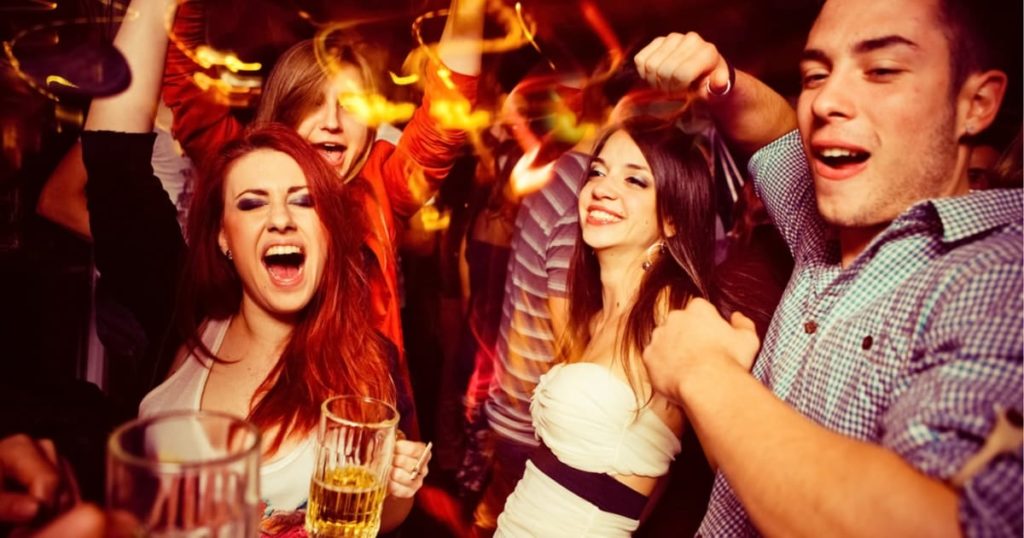One of the most disquieting safety concerns college students face today is the risk of sexual assault. It is a problem on campuses across America. In fact, sexual violence is considered to be more prevalent on college campuses than any other crime. Not all incidents of sexual violence have been linked with alcohol consumption, but a large number have, which is why we must consider the connection between the social effects of alcohol and sexual assault.
What Is Sexual Assault?
Sexual assault refers to any form of forced, unwanted sexual activity. Kissing, groping, exhibitionism and rape are all considered forms of sexual assault. Oftentimes, victims are assaulted after they’ve been given substances like alcohol or drugs.
Campus Sexual Assault Statistics
The numbers are astounding. One in five women and one in 16 men are sexually assaulted at some point during their attendance at college. Some studies suggest that as many as 50% of college-aged women experience some degree of sexual assault. Sexual assault is a silent epidemic. Most victims do not report their experience to law enforcement officials. Only about 10% of victims of sexual assault actually reach out for help. Many students don’t report what they went through out of fear of not being believed, or because they are afraid they’ll be disparaged in some way. Others don’t report the attacks because they don’t want anybody to know, or because they feel like if they speak about them, the traumatic experiences will linger even longer in their minds.
Evidence of Alcohol’s Involvement in Sexually Aggressive Behavior
Research across many regions has shown that about one-half of sexual assaults occur at the hands of men who have been drinking alcohol (with studies ranging from about 35% to 75%). Furthermore, studies have also shown that about half of sexual assault victims have been drinking (about 30% to 80%). These surveys have been done to determine the link between sexual violence and the social effects of alcohol. And while the research brings forth some evidence, because not all victims report their attacks, the numbers aren’t entirely accurate. So we can see that alcohol has been found to play a big role in the prevalence of sexually aggressive crimes on campuses, but what is it about alcohol that encourages this kind of behavior?
Social Effects of Alcohol in College
Many factors can contribute to the likelihood that a perpetrator might act out in a sexually aggressive way (like family history or personality) but the primary factor in alcohol’s role in cases of sexual assault is its effects on the mind and body. Alcohol consumption increases the risk of sexual assault by way of its cognitive, psychological and physical effects on individuals. The social effects of alcohol that may contribute to the problem of sexual violence can affect both the victim and the perpetrator. Effects on the victim can include:
- A reduced ability to evaluate risk
- A reduced ability to resist
Effects on the perpetrator include:
- Produces socially unacceptable behavior
- Can encourage a misinterpretation of the other person’s friendliness as sexual cues
- Causes aggressive behavior and anger (especially if the perpetrator feels “led on”)
- Decreases an individual’s ability to empathize
Another way in which alcohol can play a role in sexual assaults is through the expectation many college students have that dates end in sexual activity. Individuals on dates who have consumed alcohol can become more convinced that the date should include sex. If you or someone you know has been a victim of sexual assault, therapy can help with the processing of the trauma as well as the eventual healing. The burden of victimization is heavy and hard to bear. Reach out for help today. Resources: National Institute on Alcohol Abuse and Alcoholism: Alcohol and Sexual Assault: https://pubs.niaaa.nih.gov/publications/arh25-1/43-51.htm National Institute of Health: Alcohol-Related Sexual Assault: A Common Problem Among College Students: https://www.ncbi.nlm.nih.gov/pmc/articles/PMC4484270/ National Institute of Health: Alcohol and Social Behavior: https://www.ncbi.nlm.nih.gov/pubmed/3981386

